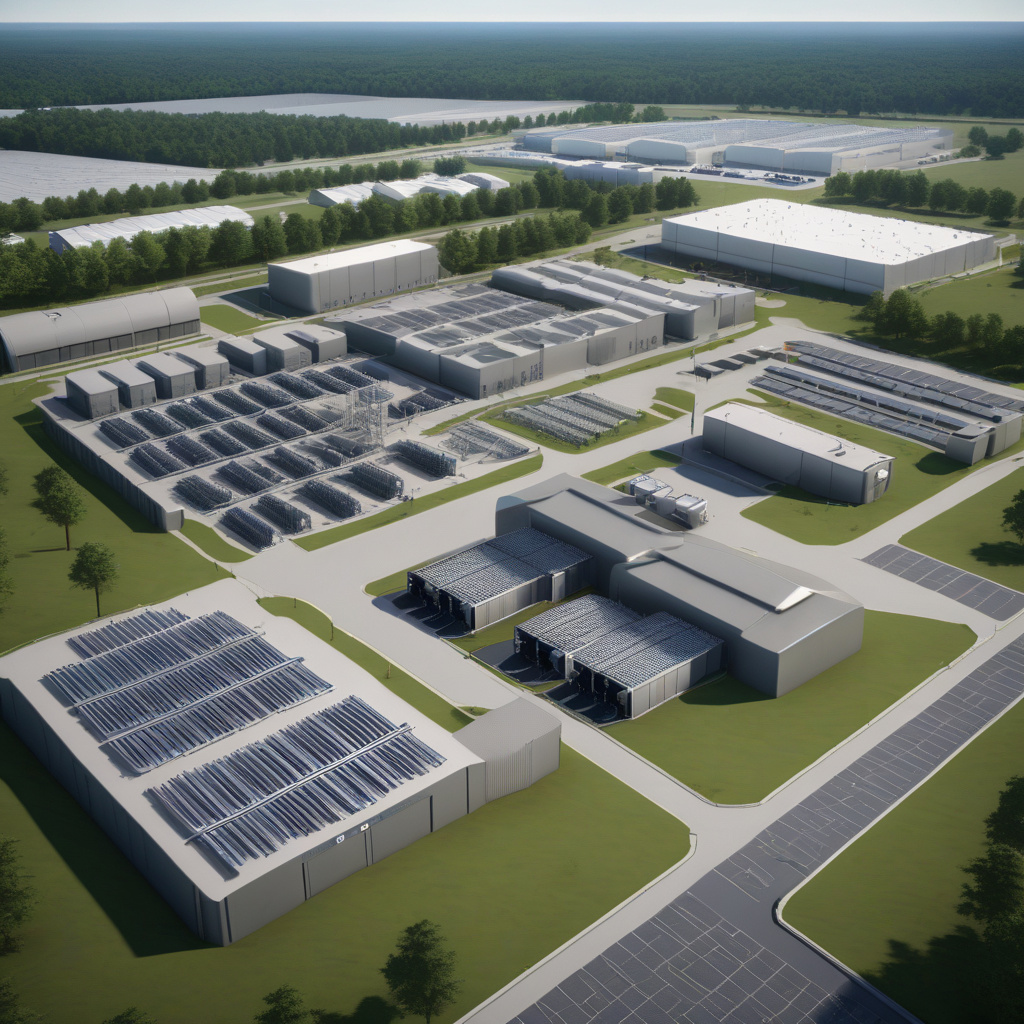In a recent development in the tech world, xAI, Elon Musk’s AI company, has secured permits for 15 natural gas generators at its Memphis data center. This move comes after facing allegations from a legal group for operating over twice the permitted number of generators without proper authorization for several months. The significance of this event extends beyond the realm of AI and data centers, shedding light on the importance of compliance with regulations even in cutting-edge technological fields.
The acquisition of permits for the 15 natural gas generators marks a crucial step for xAI in aligning its operations with legal requirements. This not only ensures the company’s adherence to environmental and safety standards but also sets a precedent for responsible practices within the AI industry. By addressing the concerns raised by the legal group, xAI demonstrates its commitment to operating ethically and transparently, despite being at the forefront of technological innovation.
Moreover, this incident underscores the challenges that arise when pioneering technologies outpace regulatory frameworks. As AI continues to advance rapidly, companies like xAI must navigate complex legal landscapes to ensure their activities are not only groundbreaking but also lawful. The case of operating generators without permits serves as a cautionary tale, emphasizing the need for proactive compliance measures in tandem with technological progress.
Beyond the immediate implications for xAI, this event prompts a broader conversation within the tech community about the intersection of innovation and regulation. As emerging technologies such as AI reshape industries and societies, the responsibility to operate within legal boundaries becomes paramount. By obtaining permits for its natural gas generators, xAI sets a precedent for other tech companies to prioritize regulatory compliance alongside technological advancement.
In light of these developments, it is essential for AI and tech professionals to stay informed about evolving regulations and compliance standards. Embracing a proactive approach to legal requirements not only safeguards against potential liabilities but also fosters trust among stakeholders and the public. As the tech landscape continues to evolve, maintaining a balance between innovation and compliance will be key to long-term success and sustainability.
In conclusion, xAI’s acquisition of permits for its natural gas generators at the Memphis data center signifies a pivotal moment in the company’s journey towards regulatory compliance. This milestone serves as a reminder of the importance of upholding legal standards in tandem with technological innovation. By addressing the allegations of operating without permits, xAI demonstrates its commitment to responsible practices and sets a precedent for ethical conduct within the AI industry. As technology advances, navigating the complexities of regulation will remain a critical aspect of ensuring sustainable and ethical tech development.

